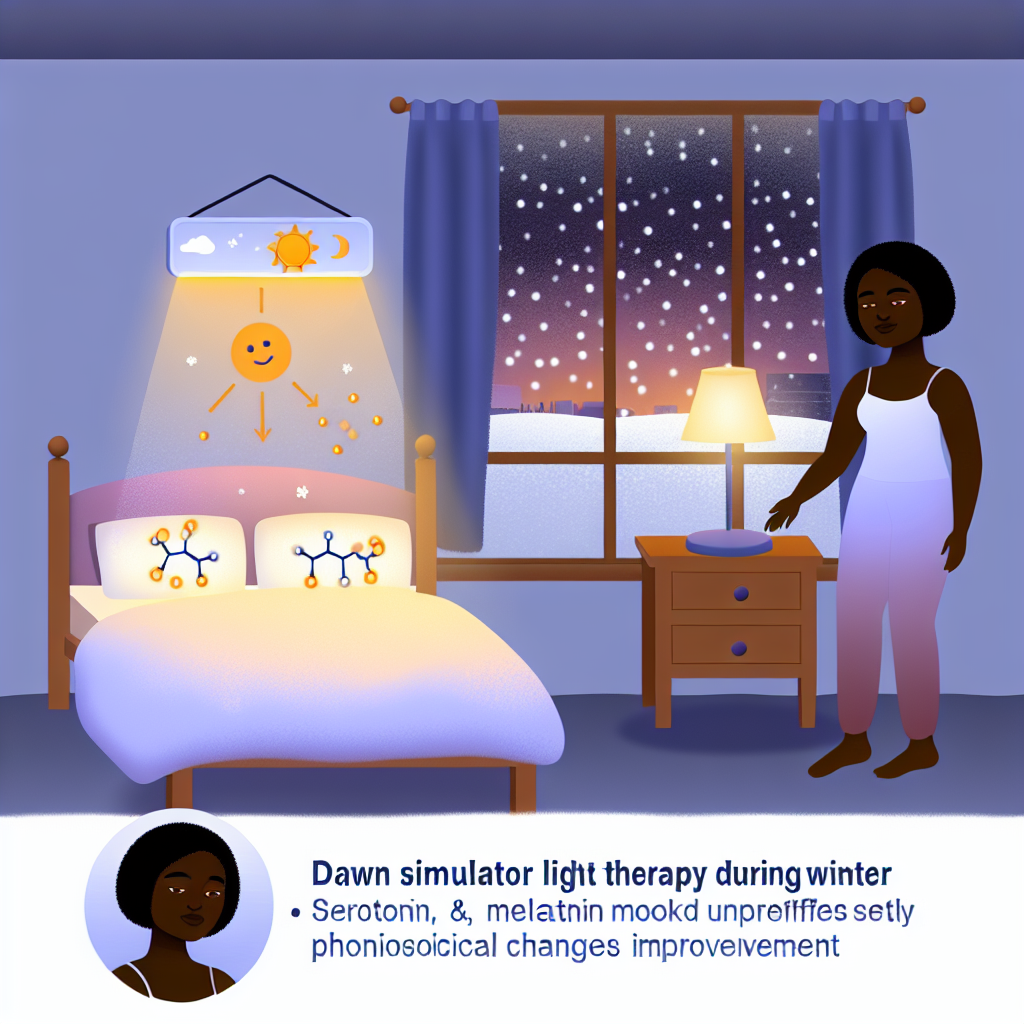Sleep is necessary for optimal health. When you don’t get enough sleep, you might develop various issues, such as exhaustion, difficulty concentrating, and mood fluctuations. Serious health conditions, such as heart disease and obesity, have been linked to insufficient sleep.
If you have difficulty sleeping, consider using prescription sleep medicine. Prescription sleep medicine can assist patients in falling and staying asleep. However, being informed of prescription sleep medicine’s dangers and adverse effects is critical.
Prescription Sleep Medication Types
Benzodiazepines are the most prevalent and oldest class of prescribed sleep medicine. They function by attaching to brain receptors that induce sleep. Benzodiazepines can help patients fall and remain asleep but can have adverse effects, including sleepiness, dizziness, and poor coordination.
Non-benzodiazepines are a type of prescription sleep drug that is relatively new. They function similarly to benzodiazepines but with fewer adverse effects. Non-benzodiazepines are frequently favored by patients seeking a safe and effective sleep drug.
Prescription Sleep Medication Risks and Side Effects
The hazards and negative effects of prescription sleep medicine differ according to the drug. The following are some of the most prevalent dangers and adverse effects of prescription sleep medication:
Drowsiness: Sleep medicine can produce drowsiness, making it harder to operate throughout the day.
Dizziness: Prescription sleep medicine can produce dizziness, making driving or using machinery unsafe.
Coordination impairment: Prescription sleep medicine can decrease coordination, making it harder to complete tasks that require hand-eye coordination.
Memory issues: Prescription sleep medicine can induce memory issues, such as recalling recent events.
Dependence: Prescription sleep medicine can be addictive, and long-term users may become reliant on it.
Withdrawal symptoms: If you abruptly discontinue using prescription sleep medicine, you may have withdrawal symptoms such as anxiety, sleeplessness, and tremors.
When Should You Consider Prescription Sleep Aids?
If you have difficulty sleeping, consult your doctor to see if prescription sleep medicine is correct. Prescription sleep medicine should only be used as a temporary fix for sleep issues. If you have had difficulty sleeping for over two weeks, consult a doctor to rule out any underlying medical concerns.
Prescription Sleep Medication Alternatives
If you have difficulties sleeping, there are several alternatives to prescription sleep medicine that you might try. These are some examples:
“Good sleep hygiene” refers to a collection of rituals that can improve the quality of your sleep. These behaviors include going to bed and getting up simultaneously every day, developing a soothing bedtime ritual, and abstaining from coffee and alcohol before bed.
CBT-I (cognitive behavioral treatment for insomnia): CBT-I can help you improve your sleep-related thought processes and build healthier sleep habits.
Natural cures: Melatonin, valerian root, and chamomile tea are natural medicines that might help you sleep.
If you are considering using prescription sleep medicine, talk to your doctor about the dangers and adverse effects. You can try a variety of alternatives to prescription sleep medicine, and your doctor can assist you in finding the best answer for your sleep difficulties.

Dominic E. is a passionate filmmaker navigating the exciting intersection of art and science. By day, he delves into the complexities of the human body as a full-time medical writer, meticulously translating intricate medical concepts into accessible and engaging narratives. By night, he explores the boundless realm of cinematic storytelling, crafting narratives that evoke emotion and challenge perspectives.
Film Student and Full-time Medical Writer for ContentVendor.com




